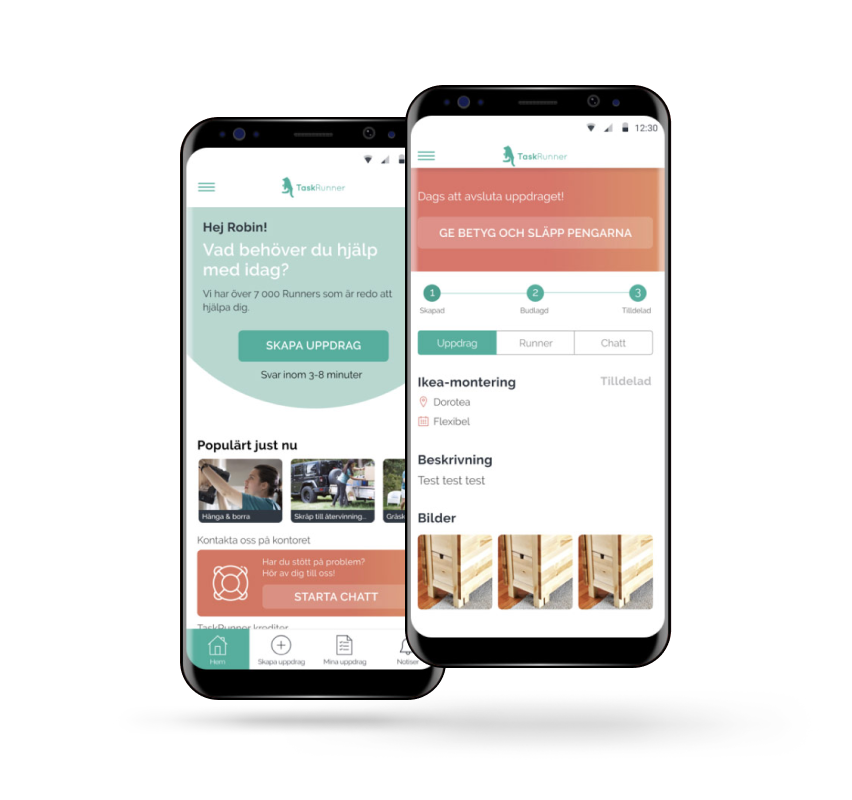Які послуги DevOps ми надаємо?
Індивідуальна DevOps-послуга
DevOps у складі розробки
Підтримка та супровід DevOps
Процес DevOps-підтримки інфраструктури

Планування інфраструктури та DevOps-процесів

Імплементація DevOps-практик і автоматизації
- Розробка підходу до контейнеризації
- Розробка підходу CI/CD, визначення і налаштування інструментів CI/CD
- Консультація щодо підходу автоматизації тестування та інтеграції безперервного тестування в конвейер CI/CD
- Проєктна інтеграція laaC та інструментів керування конфігурацією з інструментами CI/CD
- Налаштування рішення для автоматизованого моніторингу
- Пошук специфічних DevOps задач

Налаштування середовищ та CI/CD

Постійна підтримка та моніторинг

Масштабування інфраструктури під навантаження

Стек DevOps технологій
Clouds
 DigitalOcean
DigitalOcean AWS
AWS GCP
GCP Hetzner cloud
Hetzner cloud
Infrastructure management
 Terraform
Terraform
Configuration management
 Ansible
Ansible Puppet
Puppet
Cluster management software
 Kubernetes
Kubernetes- +
 Helm
Helm
CI/CD
 Gitlab CI
Gitlab CI Bitbucket Pipelines
Bitbucket Pipelines GitHub Actions
GitHub Actions Jenkins
Jenkins
Monitoring
 Prometheus
Prometheus Grafana
Grafana Alertmanager
Alertmanager Zabbix
Zabbix
Logs aggregation
 Elasticsearch
Elasticsearch Fluentd
Fluentd Kibana
Kibana
Errors tracking
 Sentry
Sentry
Scripting
 Ruby
Ruby Bash
Bash
Факти про Stfalcon
364+
завершених проєктів80+
спеціалісітів16 років
на ринку4.9
рейтинг ClutchГалузі








Наші клієнти по всьому світу
Оркестрація контейнерів Kubernetes у DevOps-процесах

Гнучкість Kubernetes
Автоматичне масштабування в Kubernetes
Швидкі та безперервні оновлення
Наші проєкти
ВСІ. СВОЇ
TaskRunner
Наші експерти

Артем, Backend розробник
16 років досвіду
Андрій, Frontend розробник
6 років досвіду
Олександр, СТО
11 років досвіду
Євген, керівник відділу DevOps
16 років досвіду
Вадим, Дизайнер
9 років досвіду
















































